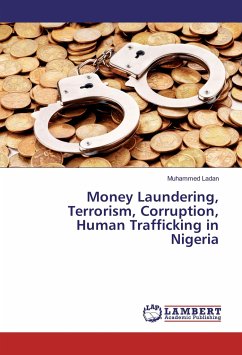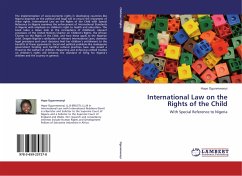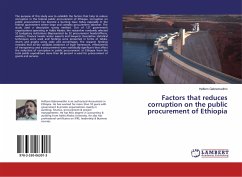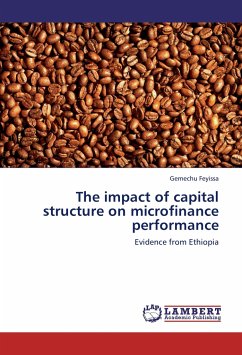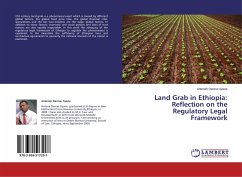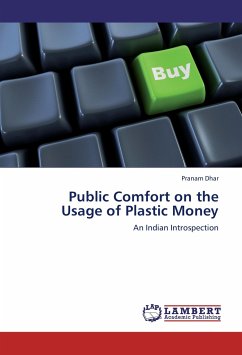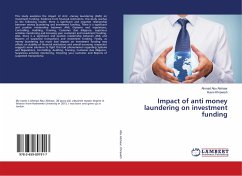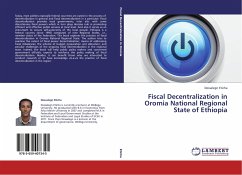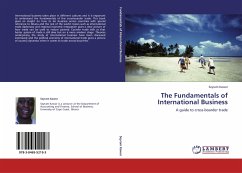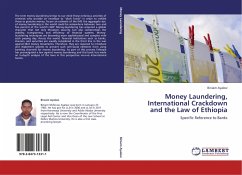
Money Laundering, International Crackdown and the Law of Ethiopia
Specific Reference to Banks
Versandkostenfrei!
Versandfertig in 6-10 Tagen
39,99 €
inkl. MwSt.

PAYBACK Punkte
20 °P sammeln!
The term money laundering brings to our mind those nefarious activities of criminals who provide an envelope to slush funds in order to exhibit those as genuine money. As per an estimate of the IMF, the aggregate size of money laundering in the world could be somewhere between two and five percent of the world s GDP. Money-laundering has acquired a global character that not only threatens security, but also compromises the stability, transparency, and efficiency of financial systems. Money-laundering techniques are becoming more sophisticated and complex with each passing day. Across the world...
The term money laundering brings to our mind those nefarious activities of criminals who provide an envelope to slush funds in order to exhibit those as genuine money. As per an estimate of the IMF, the aggregate size of money laundering in the world could be somewhere between two and five percent of the world s GDP. Money-laundering has acquired a global character that not only threatens security, but also compromises the stability, transparency, and efficiency of financial systems. Money-laundering techniques are becoming more sophisticated and complex with each passing day. Across the world, financial institutions such as banks, insurers, and securities are usually considered in the front line in the war against illicit money movements. Therefore, they are required to introduce and implement systems to prevent such anti-social elements from using banking channels for money laundering. As part of this process Ethiopia has promulgated a law against money laundering and this bookhas made an in-depth analysis of the laws in this perspective vis-a-vis international tenets.



